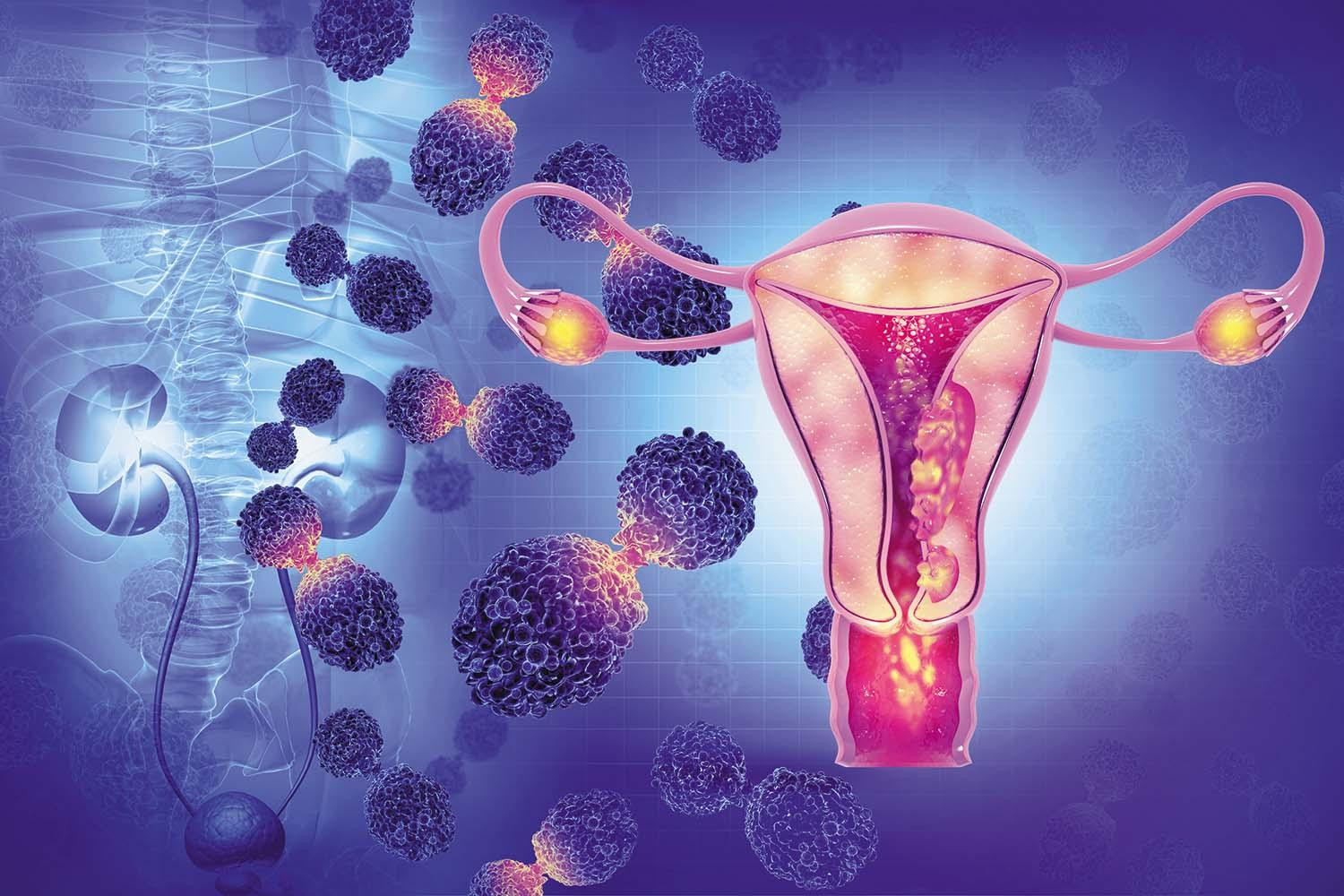
5 timeless habits for better health

What are the symptoms of prostate cancer?

Is your breakfast cereal healthy?

When pain signals an emergency: Symptoms you should never ignore

Does exercise give you energy?

Acupuncture for pain relief: How it works and what to expect

How to avoid jet lag: Tips for staying alert when you travel

Biofeedback therapy: How it works and how it can help relieve pain

Best vitamins and minerals for energy

Should you take probiotics with antibiotics?
Sexual Health Archive
Articles
What raises your risk for gynecologic cancer?
Gynecologic cancers, which affect the ovaries, uterus, cervix, vagina, or vulva, are less common than breast cancer. Women can guard against these cancers by learning the risk factors for each type, which include obesity, exposure to human papillomavirus, and smoking. Women should also continue pelvic exams and cervical cancer screenings after a hysterectomy or menopause, as well as watch for unusual symptoms. Women with a strong family history of gynecologic or certain other cancers should consider genetic testing.
Is your heart ready for sex?
Most men can resume regular sexual activity after a heart attack once they can engage in mild-to-moderate physical activity without experiencing marked fatigue, chest pain, or shortness of breath. For heart-related procedures like angioplasty with stent placement (to open a blocked artery and restore blood flow), coronary artery bypass surgery, or open-heart surgery, men should wait until surgical sites have fully healed before resuming sex. At the same time, men should address any lingering heart disease risk factors, such as high blood pressure and excess weight.
Try this: Dealing with bedtime backaches
Men can overcome the barrier of back pain in the bedroom by trying different sexual positions and adjusting their intensity and frequency.
Can periods restart after menopause?
Women officially reach menopause a year after periods end. Any vaginal bleeding after menopause should be evaluated. Bleeding can come from vaginal dryness or atrophy, medication side effects, various infections, endometrial thickening, or cancer.
Pelvic floor SOS
An estimated six in 10 women will at some point experience symptoms from pelvic floor weakness. Risk factors include pregnancy (especially with vaginal delivery), chronic constipation, family history, smoking, aging, menopause, obesity, chronic coughing, and occupations involving heavy lifting. Women with pelvic floor weakness may experience signs such as leaking urine, having trouble using a tampon, being unable to fully empty their bladder or rectum, and feeling a bulge in their vagina.
What is prostatitis and how is it treated?
The troubling symptoms of prostatitis, or inflammation of the prostate, accounts for roughly two million doctor visits every year. Fortunately, research advances are leading to some encouraging developments for men suffering from this condition.

5 timeless habits for better health

What are the symptoms of prostate cancer?

Is your breakfast cereal healthy?

When pain signals an emergency: Symptoms you should never ignore

Does exercise give you energy?

Acupuncture for pain relief: How it works and what to expect

How to avoid jet lag: Tips for staying alert when you travel

Biofeedback therapy: How it works and how it can help relieve pain

Best vitamins and minerals for energy

Should you take probiotics with antibiotics?
Free Healthbeat Signup
Get the latest in health news delivered to your inbox!
Sign Up








